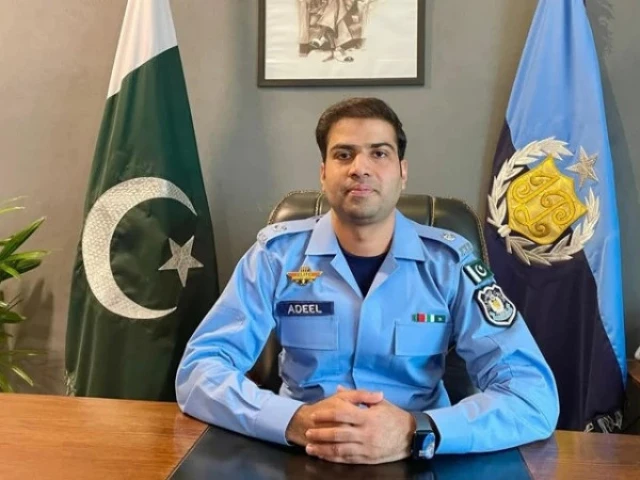Pakistan mourns its police only after they are gone. While they are alive, we expect them to be machines
Photo file
Another police officer is dead by his own hand. We will be surprised. We will issue statements of “shock,” and “grief,” and “loss for the department.” But deep down, every single person who has served in this uniform knows we have been watching the system slowly manufacture these tragedies for decades. The recent suicide of SP Adeel Akbar is not an aberration. It is a symptom. This op-ed is not about him — it is about all of us. About an entire force, from constable to PSP, trapped in a silent psychological war that no one wants to name.
I say this as someone who has worn the uniform, lived inside the system, and heard these stories whispered in corridors, offices, and police lines year after year. Admittedly, I never used to think about these issues too — they did not exist for me, as they don’t for most police officers. Thousands of men and women serve inside a cocoon of steely resolve, and showing weakness is the worst thing you can do.
Pakistan mourns its police only after they are gone. While they are alive, we expect them to be machines. Unbreaking. Uncomplaining. Unfeeling. We demand their humanity on the job, and then deny them the right to be human.
Let’s start with the most uncomfortable truth: policing in Pakistan is built on a cult of hyper-masculinity. The ideal officer is not just strong — he is emotionless. He does not bend, he does not tire, he does not flinch, and he never admits weakness. It is a uniform stitched around the myth of the invincible man.
This unflinchingly strong man of principles is an admirable idea
Continue Reading on The Express Tribune
This preview shows approximately 15% of the article. Read the full story on the publisher's website to support quality journalism.
